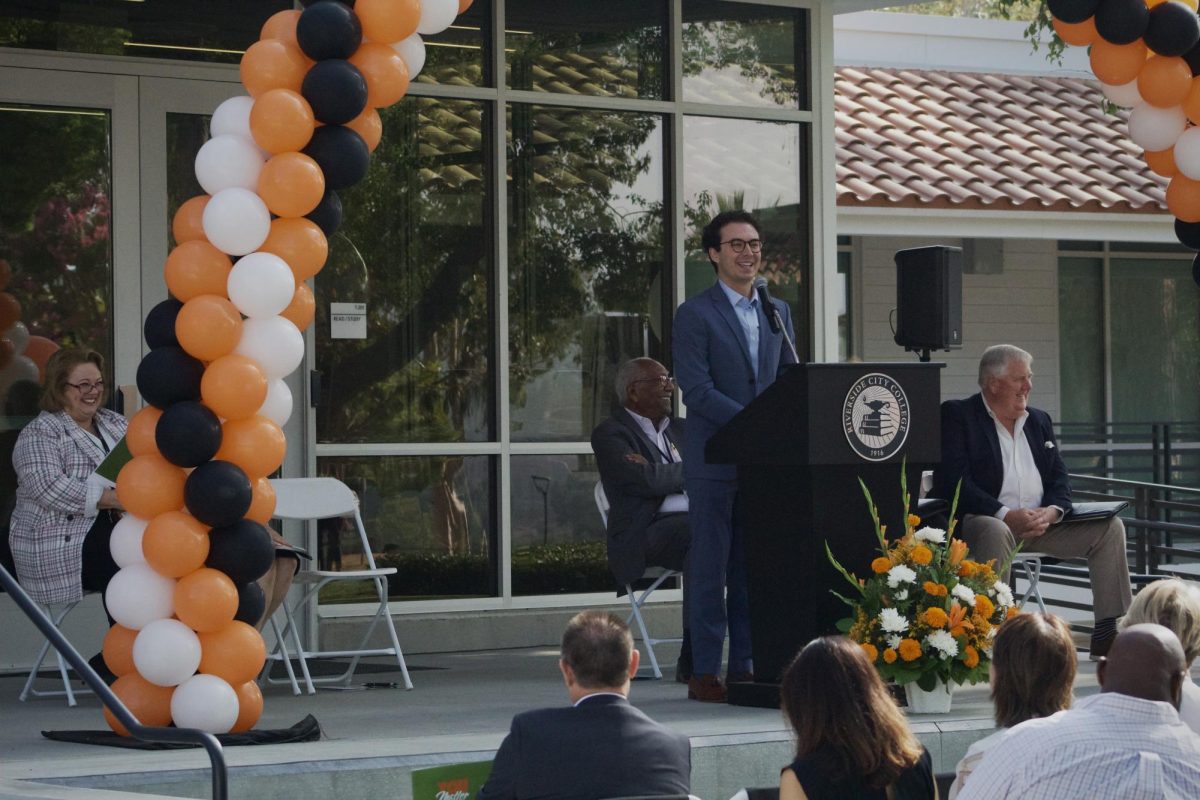By Griffith Fuller
By Griffith Fuller
America faces another four years with President George W. Bush.
He was declared president early Nov. 3 after Sen. John Kerry conceded stating, “We cannot win this election,” in his farewell speech. Bush received 274 votes from the Electoral College, four more than required to win the election and Kerry received 252 votes from the Electoral College.
Kerry won 20 states, including California with 55 percent of the votes, while Bush won 29 states.
One percent of California voters voted for Independent candidate Ralph Nader. Nader was not listed on California’s ballot, and did not receive enough attention from the corporate media to be acknowledged by mainstream voters.
Barbra Boxer was re-elected to the United States Senate with fifty-eight percent of votes, beating out Bill Jones who acquired thirty-seven percent.
Fifty-four percent of Californians voted “no” on Proposition 62, which means that voters must still vote for the candidate within their party in the primary elections. Sixty-two percent of voters also voted “no” on Proposition 65 (Local Gov. Funds-Revenues. State Mandates) and fifty-three percent voted “no” on Proposition 66, which would have limited the “Three Strikes” law to violent and serious felonies.
Seventy-two percent voted “no” on Proposition 67, which would have increased the telephone surcharge to produce funds to reimburse physicians and hospitals for uncompensated emergency medical services.
Californians also voted “no” on both Proposition 68 and 70, the non-tribal and tribal gambling expansion. The majority of Californians (Eighty-four percent and seventy-six percent) voted against it.
With sixty-one percent voting “yes” on Proposition 69, Californiansjoined many other states in requiring all felons to submit DNA samples to a national database. Fifty-nine percent also passed Proposition 71, establishing a center for stem cell research. Californians supported stem-cell research despite President Bush’s blatant opposition to it. However, fifty percent voted “no” on Proposition 72, choosing not to require medium to large business to provide healthcare for their employees.
Fifty-nine percent of Riverside voters made it to the polls on Tuesday, matching the national average. However, unlike the majority of California voters, fifty-eight percent of Riverside residents voted to elect President Bush to a second term. However, for the most part, Riverside voters were aligned with the rest of the state on the propositions with the exception of Proposition 63.
Fifty-two percent of local voters decided against a one percent tax on personal income over $1 million to fund mental health services. But fifty-three percent of California voters passed this legislation.
Local Riverside Measure HH, which would allow minors to be appointed to the city boards or commissions, was rejected by sixty-one percent of voters.
RCC’s governing board members Mary Figueroa and Mark A. Takano kept their places in the Board of Trustees. Mary Figueroa won with 21 percent of votes and Mark Takano won with 22 percent. They could not be reached by the time of press for comments.






